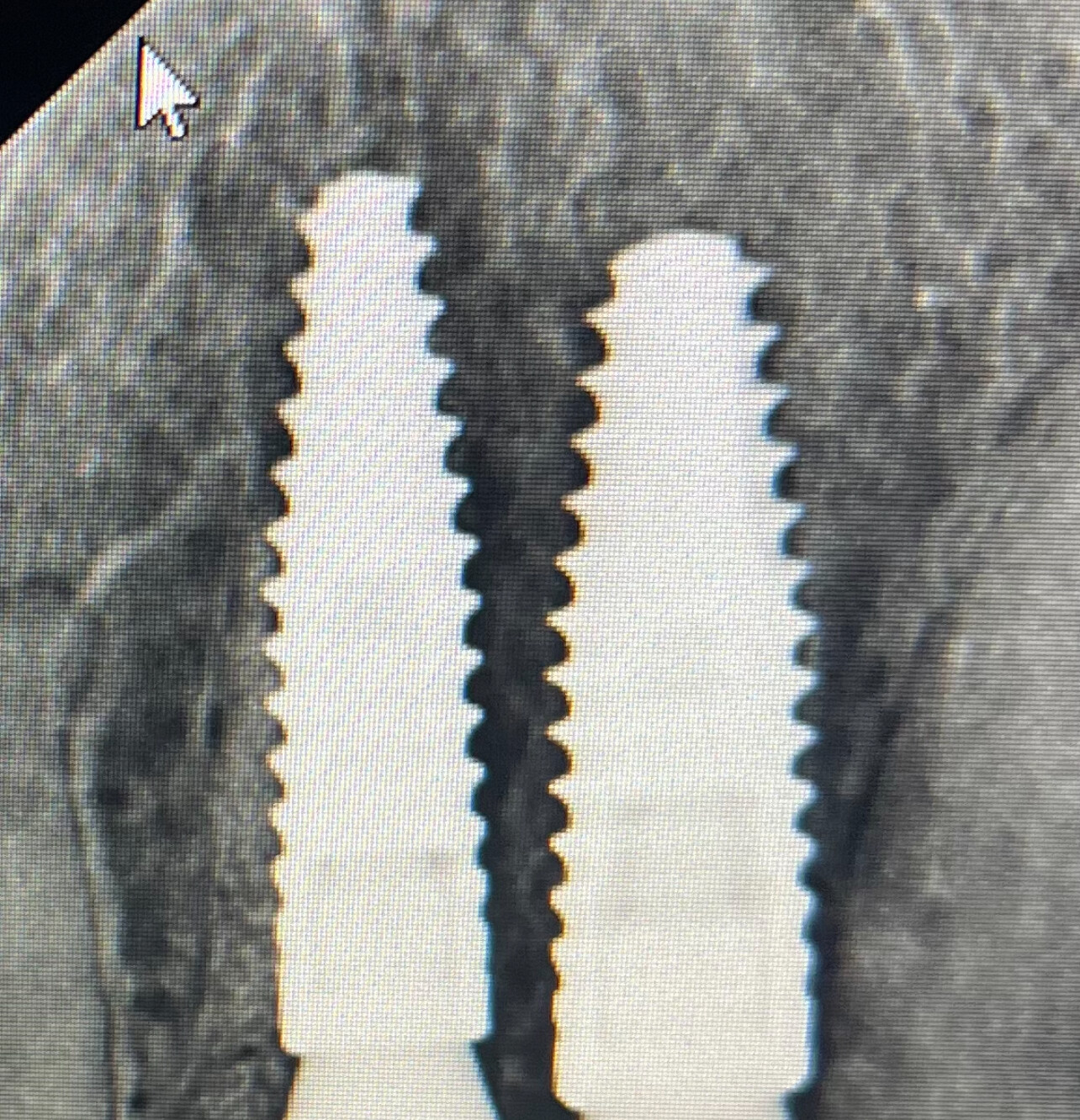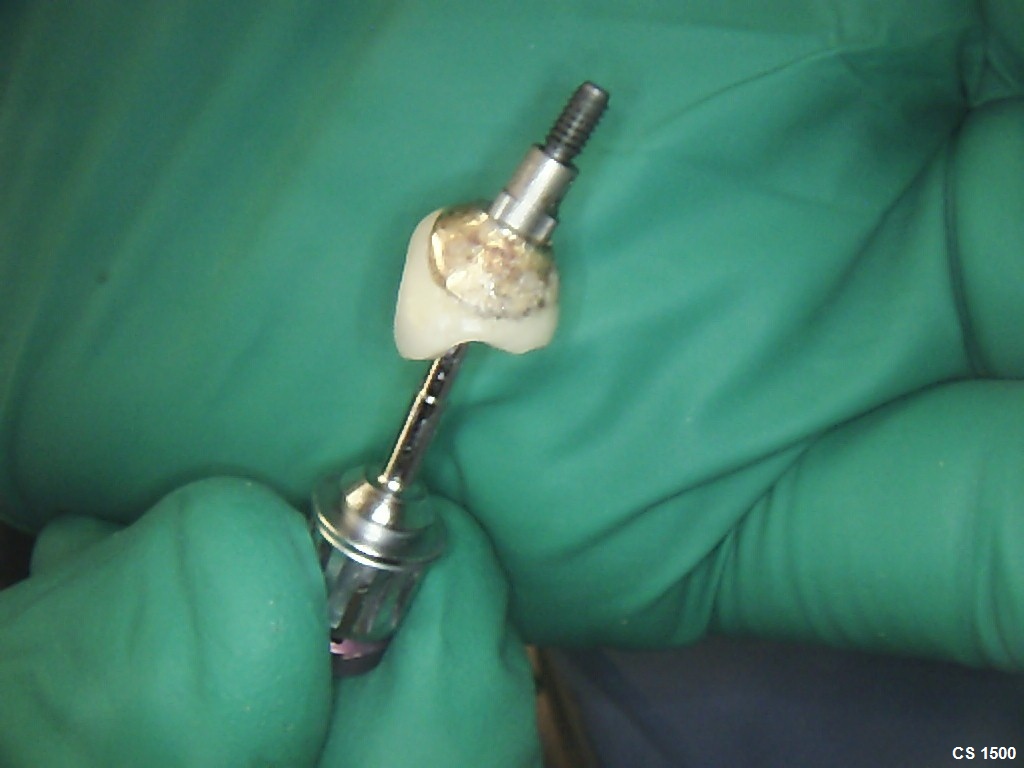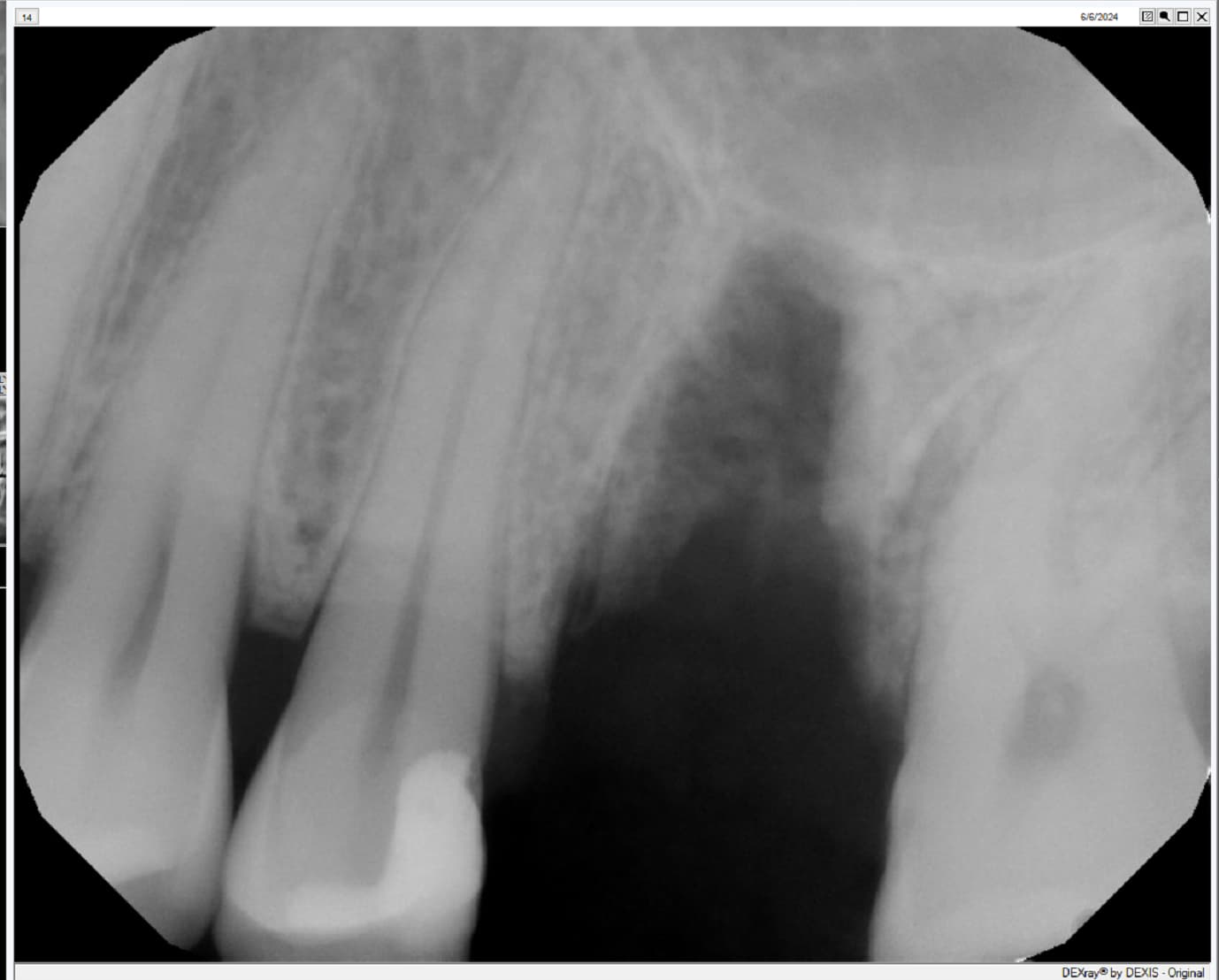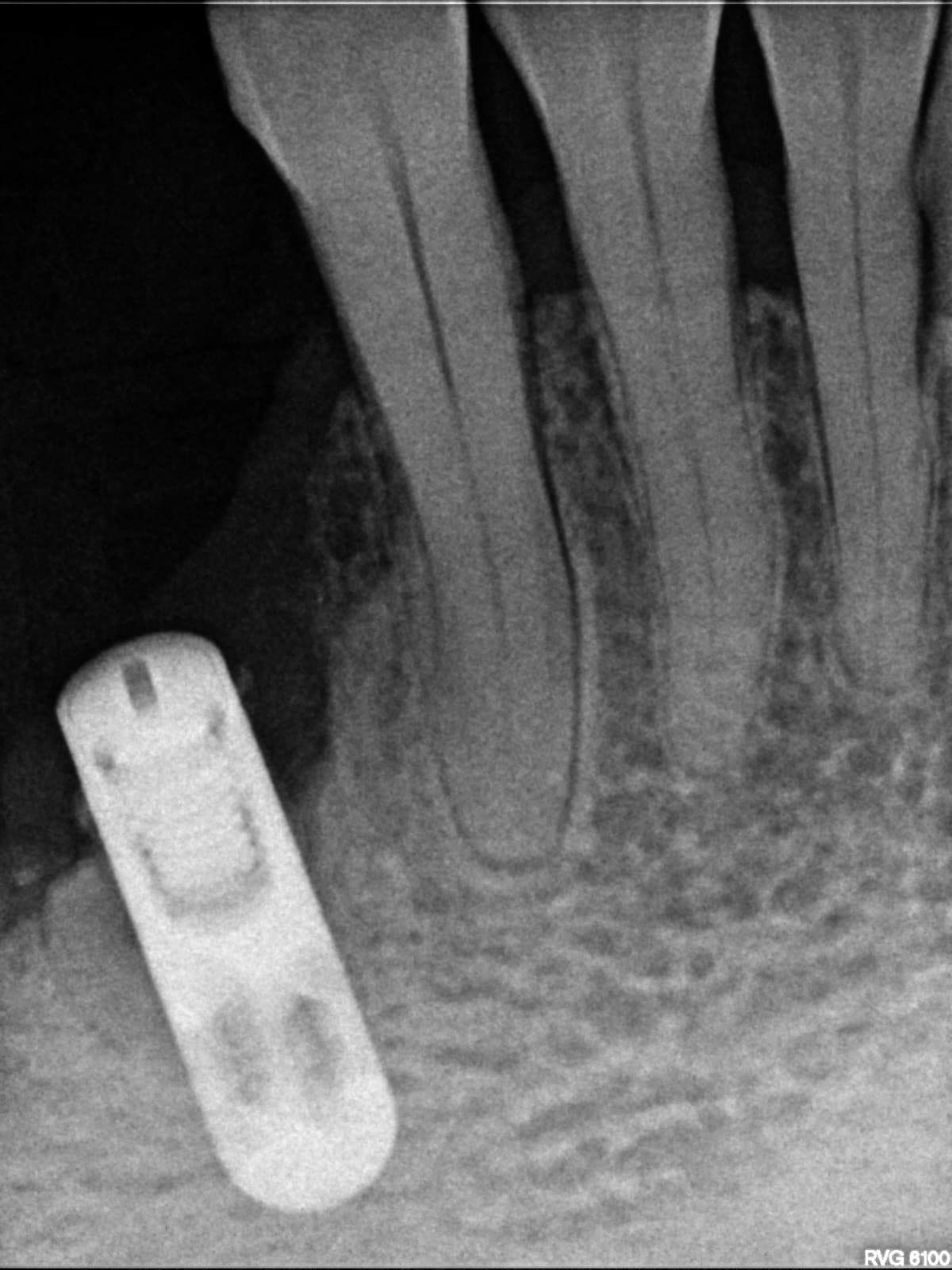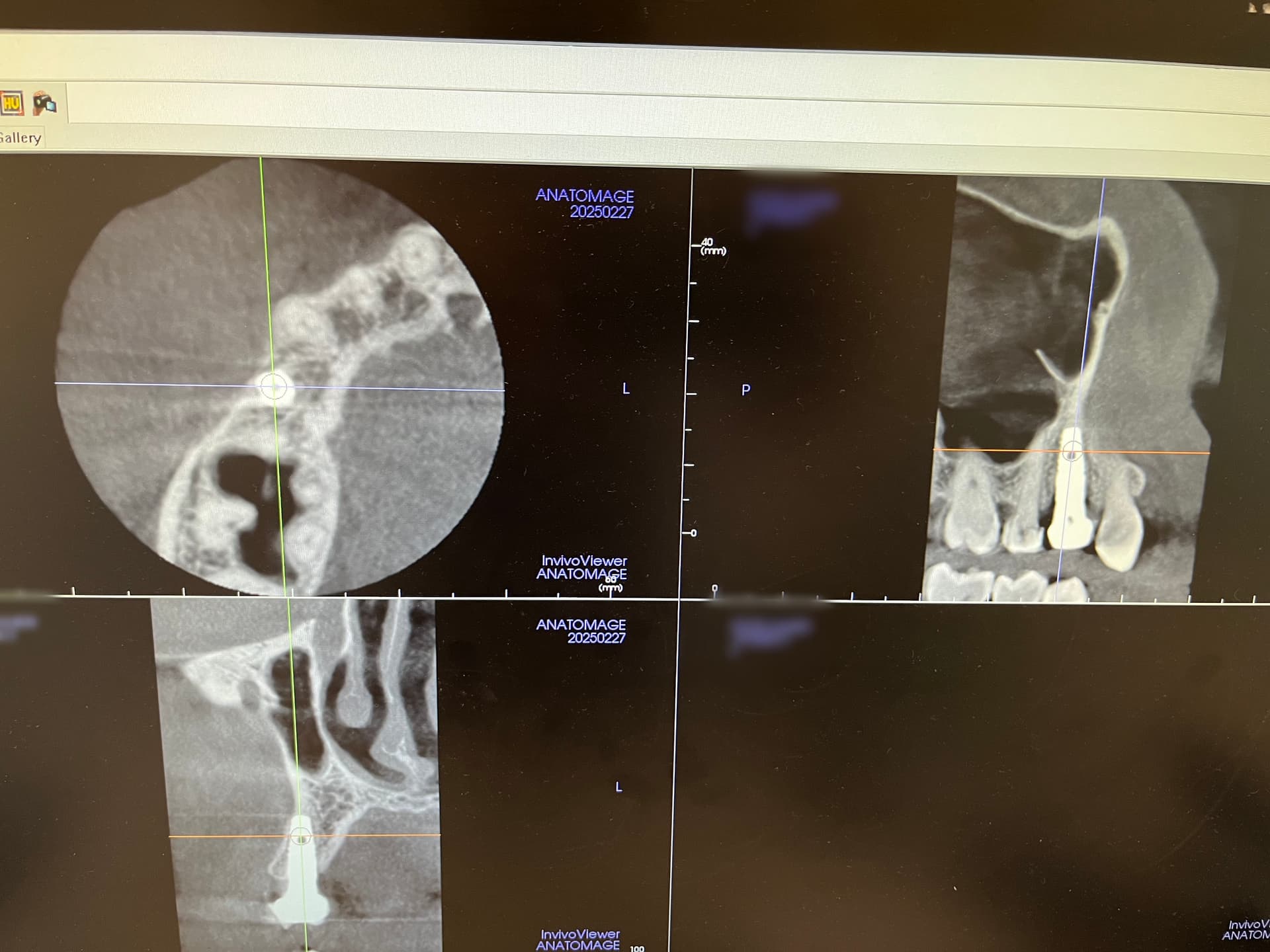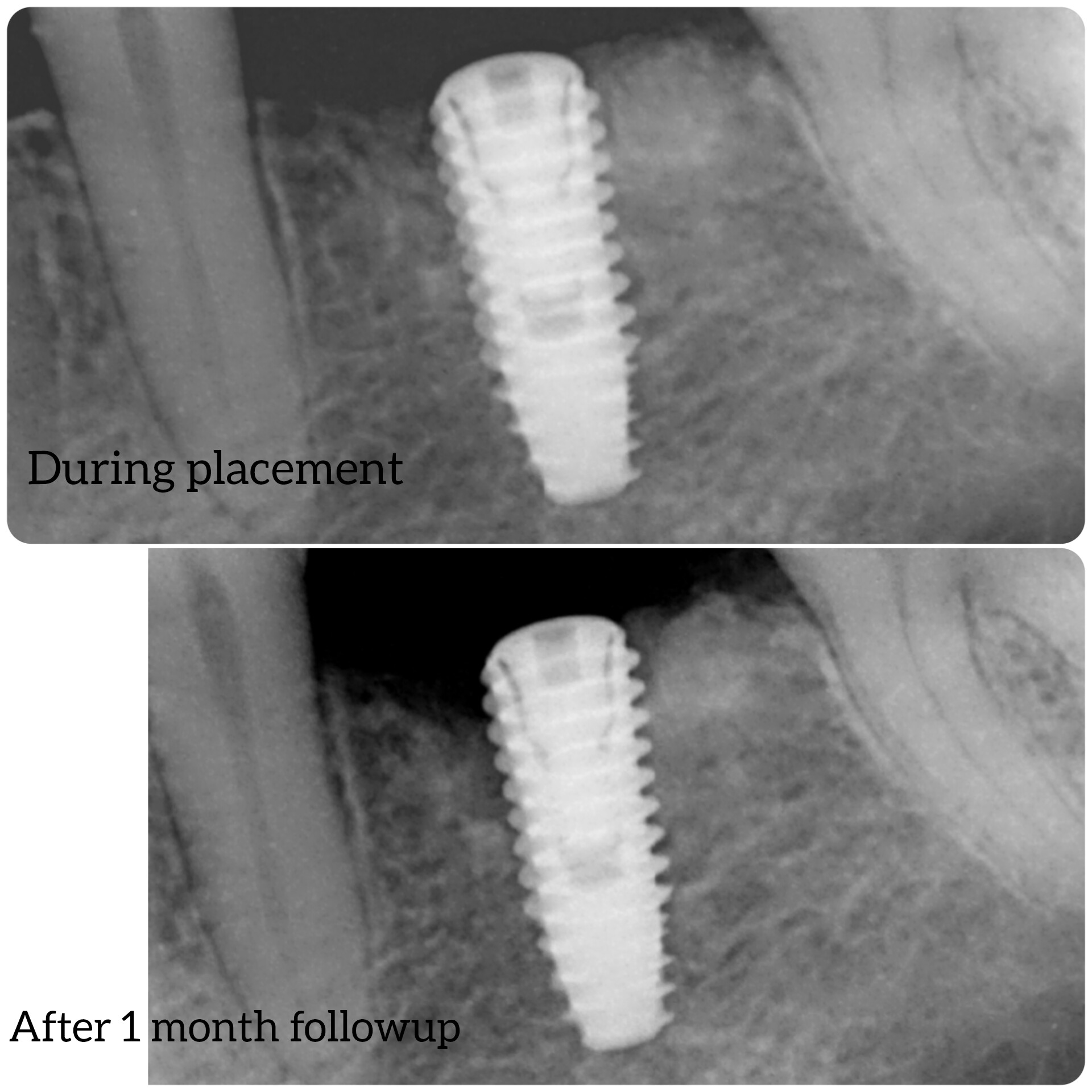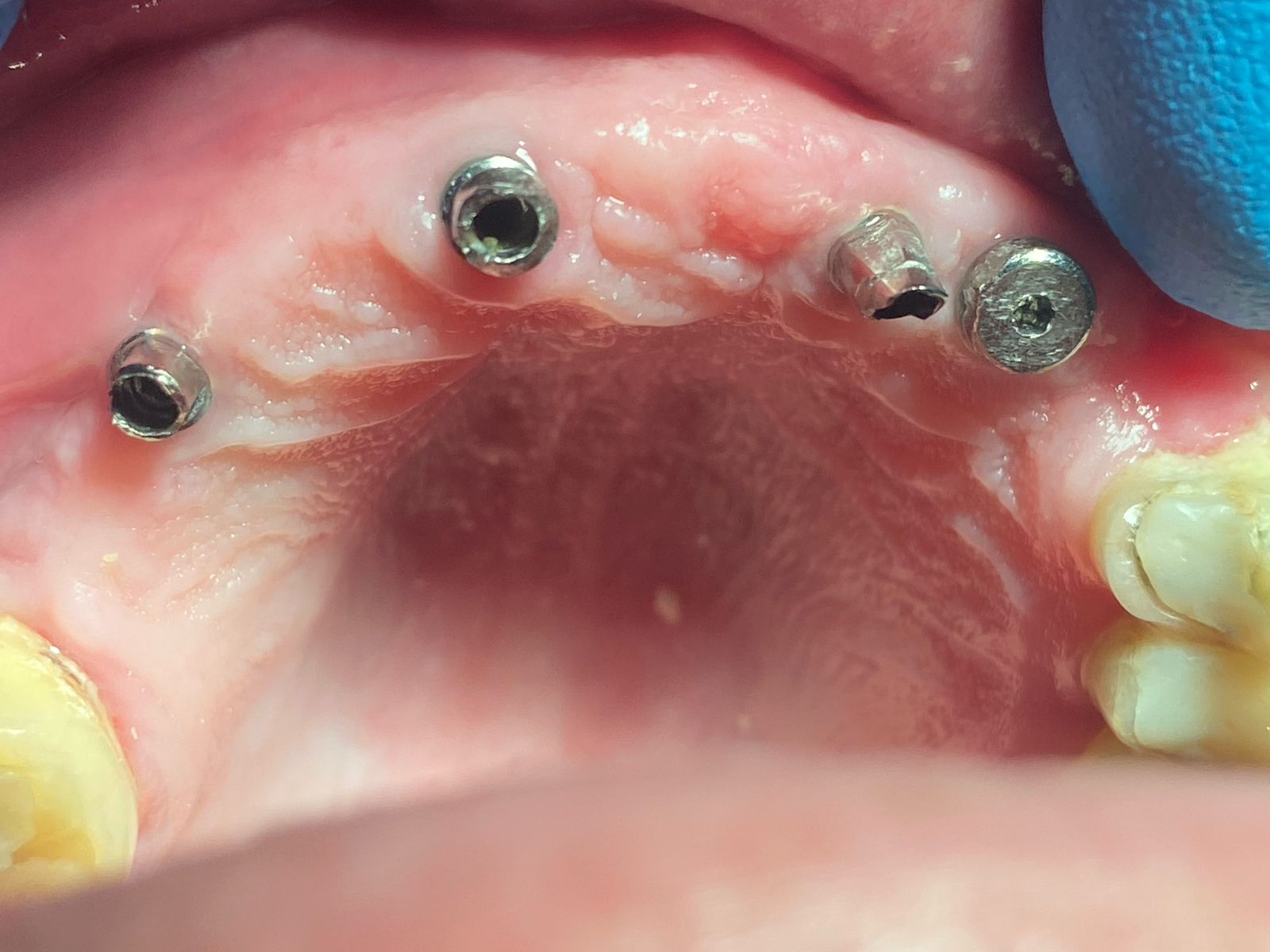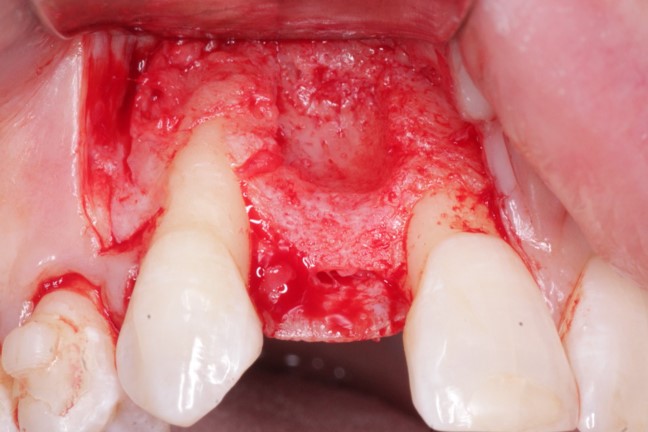Implant patient does not return for routine maintenance: how to handle implant failure?
If you place an implant and the patient does not return for routine maintenance and the implant fails 3 years after surgical installation, are you obligated to redo the implant for free? For my crown and bridge patients, if they do not return as scheduled for routine prophylaxis and recall examination at least every 6 months, I will not replace any crown and bridge that fail and require remake. I feel that the patient has the responsibility of returning for routine follow up and maintenance. How do you handle this? What are the legal requirements here?
9 Comments on Implant patient does not return for routine maintenance: how to handle implant failure?
New comments are currently closed for this post.
Anthogyr
7/26/2013
Great question! We have a patient that received an implant in France. Is now living in Florida and has never seen a doctor to restore the implant... 2 years with just the healing screw.
greg steiner
7/27/2013
In my opinion you have no responsibility to redo for free. No matter what the diagnosis for failure if you would have been given the opportunity to intervene earlier you may have been able to prevent the failure. Greg Steiner Steiner Laboratories
ian
7/30/2013
thats like saying if you dont take a new car for a service and the engine packs in then the dealership has no responsibility ,which is a load of rubbish ,implants are being sold as a permanant replacement for teeth with life span of 20yrs +
could it be that they were not placed correctly in the first place ,???
its all to easy to blame the patient ,sometimes the truth can be found closer to home.
David
7/30/2013
Legally it is a matter of cause and effect. With a crown you can prove that incipient decay could have been repaired and early periodontal disease could have been arrested. But with an implant you must prove it was lost due to periimplantitis and not de-integration as there is no treatment for loss of integration. Finally you have a golden opportunity here to examine your practice. Why did this patient not return? Is there a communication issue? Did the patient go to someone less expensive? Was the patient contacted verbally and told how important recall is on an implant? I am involved as an expert in a case right now where the standard of care issue is lack of follow uo.
Osurg
7/30/2013
Just for your info Ian if you don't bring your car in for scheduled routine service you have voided your warrenty. There is no obligation for a free replacement and I would think twice about redoing the implant under any circumstances fearing a repeat .
Tuss Tambra
7/31/2013
The patient has no legal recourse against you as they have failed to attend your clinic as long as you documented what the follow up (maintenance) protocols would be. The safest approach would be to outline a specific recall and maintenance program that the patient will be reuired to follow post implant placement and restoration as part of your initial treatment plan letter. I do this as a distinct part of my letter to the patient. that way if such an issue arises its a case of reviewing the conditions under wh ich the aptient was initially accepted for treatment. If there is nothing in your initial consultation and treatment plan letter that was given to the patient prior to treatment you may have an issue as the patient can turn around and say "you never explained that to me before you did the treatment".
nailesh gandhi
7/31/2013
We must emphasise the importance of maintenance at every step.
CRS
8/1/2013
I think it is fool hearty to guarentee an implant for 20plus years that is not reasonable. We don't have any control over what a patient does once they leave the office. Routine follow up and maintenance for any dental work is reasonable and if you have diligently followed up with a patient regarding failed appointments with a letter just like any treatment an implant is no exception. I don't know what " deintegration" is but implants can be lost to Periimplantitis and occlusal trauma. I like the idea of follow up maintenance protocol as listed above. Sometimes implants can fail and we don't know why. The lifetime guarentee seems to be an advertising ploy, I can't guarentee anything for life, especially in medicine. My policy is, we will replace at no charge within one year one time. It is in our consent, the implant company will provide a new implant when the failed fixture is returned.
Richard Hughes, DDS, FAAI
8/2/2013
This discussion is about contributory neglicance by the patient. I give my patients an informed consent for surgery and one for prosthetics. I tell them verbally that they have to shop for periodic evaluation. I also tell them that their level of responsibility has increased.
It is absurd to guarantee an implant for 20 years. Consider why they lost their teeth. Tires, breaks etc don't last that long. The same applies to the oral cavity.
Patients do all sort of things and are not always truthful. We have to stop being so hard on each other. Our physician colleagues are not hard on each other. We should learn from them.
I'm not saying to be cavalier about our profession but be realistic. We can do only so much with what we have to work with. Let the patient know in a tactful way that they are out of line.










